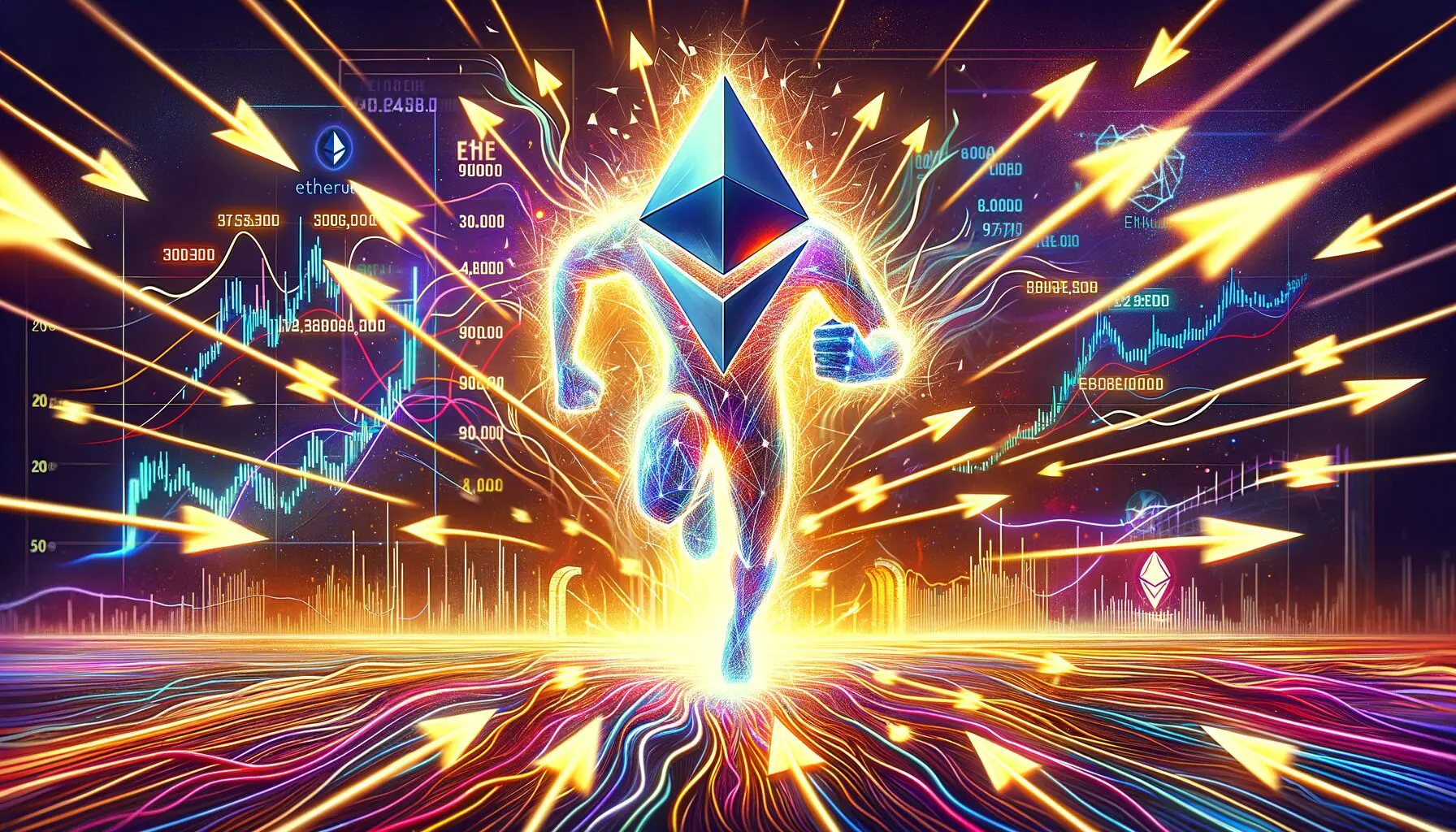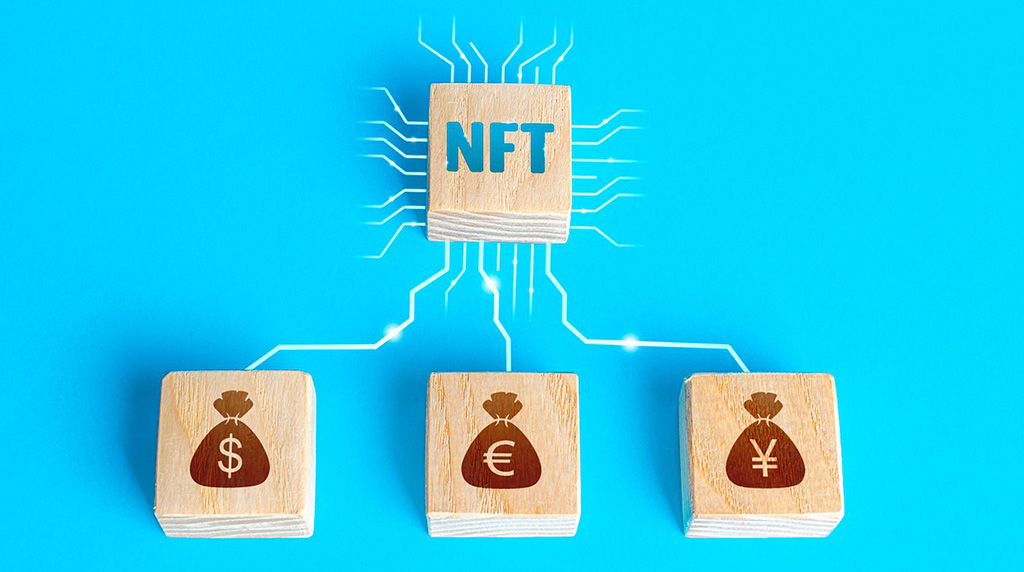In a significant milestone for the Ethereum network, the Dencun upgrade has been successfully deployed on its mainnet, as confirmed by Ethereum developers today. This upgrade, also known as Cancun-Deneb, marks a crucial advancement following the Shapella upgrade, introducing five Ethereum Improvement Proposals (EIPs) aimed at enhancing data storage space and reducing fees.

At the heart of the Dencun upgrade is EIP-4844, also known as proto-danksharding. This feature expands the blockchain by adding space for “blobs” of data, which is anticipated to lower gas fees for layer 2 rollups. This expansion is expected to significantly reduce transaction costs and improve the scalability of the Ethereum network, making it more accessible for developers and users alike.
Next step:
Following the deployment of the Dencun upgrade, several major Layer 2 (L2) blockchains have announced plans to release updates supporting Dencun today. These include Arbitrum (ARB), Optimism (OP), Base Protocol (BASE), and Mantle (MNT). As these updates roll out, deposit and withdrawal activities for these L2 blockchains on exchanges may be temporarily paused for a few days to ensure a smooth transition.
Additional information reveals that the Ethereum development team had outlined the Dencun upgrade schedule in a weekly meeting on December 21, 2023. The roadmap included testing on the Goerli testnet on January 17, 2024, the Sepolia network on January 31, 2024, and the Holesky network on February 7, 2024, culminating in the mainnet deployment on March 13.
Besides EIP-4844, the Dencun upgrade encompasses several other important EIPs:
- EIP-1153: Aims to reduce the cost of on-chain data storage, thereby improving block space efficiency.
- EIP-4788: Enhances the design for bridges and staking pools.
- EIP-5656: Introduces minor changes related to the Ethereum Virtual Machine.
- EIP-6780: Removes the SELFDESTRUCT opcode, which could terminate smart contracts.
The successful deployment of the Dencun upgrade is a testament to Ethereum’s ongoing commitment to innovation and scalability. By addressing key challenges such as gas fees and data storage, Ethereum continues to solidify its position as a leading blockchain platform, paving the way for a more efficient and scalable ecosystem.



